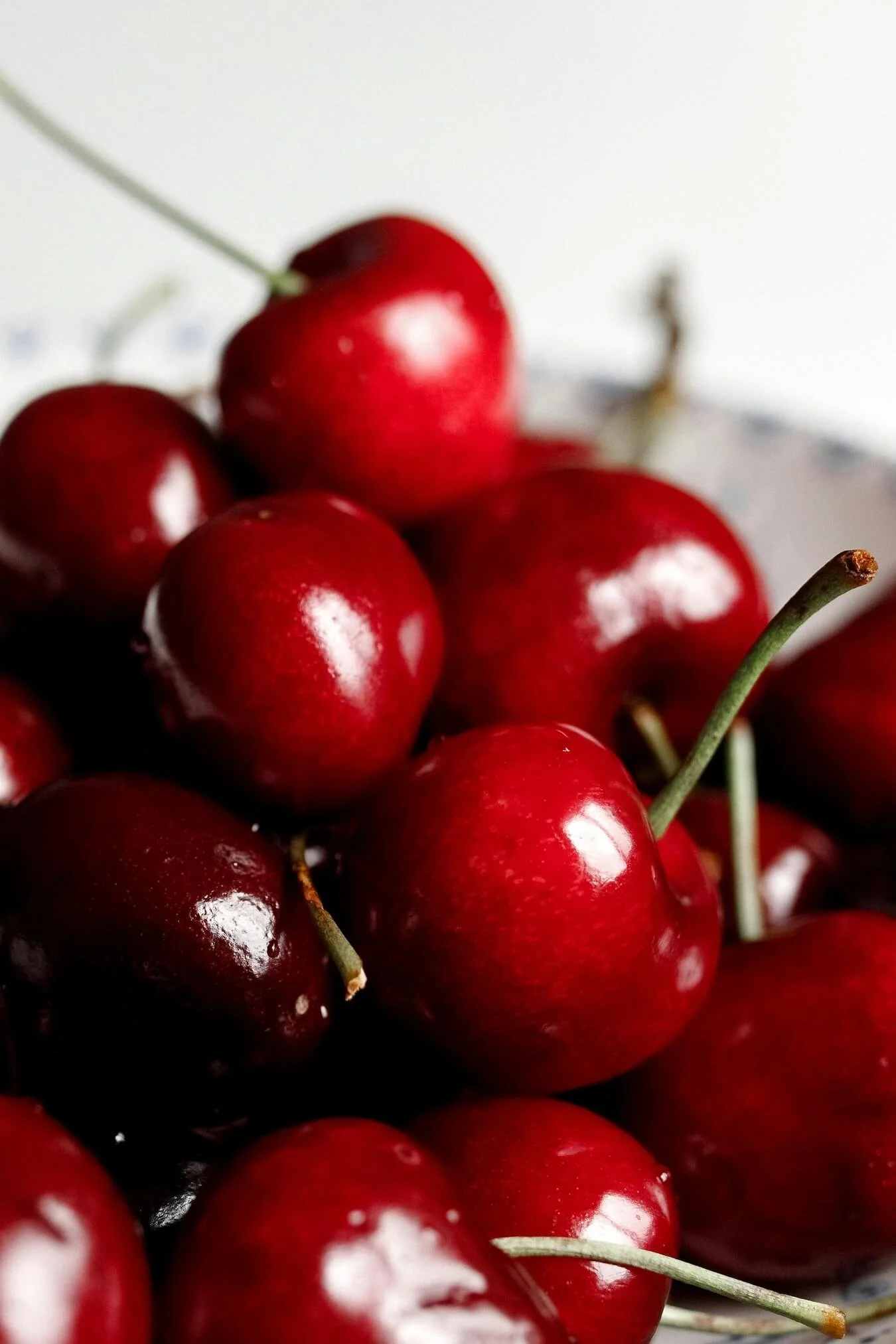STEP 1 — Eat for the Terrain (Diet & Melasma)
Melasma Deep Dive Series — The Metabolic Beauty Code™
The Functional Beauty™ diet for melasma
Why your diet matters for melasma.
Your skin is your largest metabolic organ and it reflects what’s happening inside.
When your diet is filled with inflammatory ingredients, your body responds with:
Elevated estrogen
Impaired liver detox
Gut inflammation
Blood sugar instability
Oxidative stress
Activated melanocytes
This is why whole-food nutrition is your first and fastest way to shift melasma pathways.
“Your food is your medicine, and your medicine is your food.”
This isn’t about perfection. It’s about aligning what you eat with the biology of clear skin.
Here’s how:
Whole foods = whole skin
Whole foods provide:
Polyphenols → reduce melanocyte inflammation
Minerals → support melanin regulation
Amino acids → build collagen & skin barrier
Antioxidants → lower oxidative stress
Fiber → bind estrogen & toxins
Clean fats → stabilize hormones
If you feel inflamed, puffy, or reactive…your skin is telling you your diet needs to come back online.
Eliminate Hidden Inflammatory Drivers
Inflammation → melanocyte activation → pigment.
So Step 1 is simple:
Remove what inflames.
Add what nourishes.
Top inflammatory offenders for melasma:
Industrial oils (canola, soy, corn, safflower, sunflower)
Added sugars & artificial sweeteners
Processed grains
Packaged snacks marketed as “healthy”
Deep-fried foods
Fast food or frequent dining out
Think of these foods as adding static to your hormones and detox pathways.
The Organic & Pasture-Raised Advantage
Organic, grass-fed, and pasture-raised foods provide:
Higher antioxidant levels
Lower heavy metal exposure
Fewer endocrine disruptors
Better Omega-6 to Omega-3 ratios
More micronutrients (zinc, B vitamins, selenium)
All of which matter because melasma is:
inflammatory
hormonal
oxidative
detox-related
These foods directly support every mechanism involved in pigment production.
Coffee vs. Your Pigment Pathways
This matters because:
Some people have slower CYP1A2 variants
Slow clearance = estrogen dominance
Estrogen dominance = melanocyte activation
Coffee also increases ACTH → increases α-MSH → pigmentation
So while coffee doesn’t cause melasma…it may worsen underlying terrain imbalances.
Swap coffee for matcha, oolong, pu-erh, or white tea
Tea provides:
Polyphenols that inhibit tyrosinase
Antioxidants that reduce oxidative stress
Support for gut microbiome
Lower cortisol responses
Better estrogen metabolism
Cellular Sovereignty philosophy: nourish the terrain so the cells can heal.
Alcohol: Your Skin’s Silent Saboteur
Alcohol:
Raises estrogen 16–20% even with moderate intake
Increases gut permeability
Slows liver detox
Spikes cortisol
Dehydrates the skin
Increases oxidative stress
This is why alcohol-free periods often produce dramatic improvements in pigmentation.
A great functional beauty swap: nighttime electrolytes instead of wine.
Histamine Intolerance — The Pigment Wildcard
Histamine can:
Trigger melanocyte activation
Increase inflammatory load
Slow estrogen clearance
Stress the gut-liver axis
Common histamine symptoms:
headaches
congestion
rashes
anxiety after meals
flushing
heart palpitations
Melasma flares after:
aged foods
fermented foods
alcohol
avocados
shellfish
tomatoes
spinach
Conclusion: Food Is Your First Act of Functional Beauty™
Changing your diet isn’t about restriction, perfection, or becoming “the healthy one.”
It’s about creating the internal environment where your skin finally feels safe enough to heal.
Melasma is a cellular signal and your food choices are the fastest way to shift that signal from inflamed and reactive to balanced and resilient.
When you remove inflammers, nourish deeply, stabilize your hormones, support detox pathways, and calm the gut, you’re not just improving your skin…
you’re rebuilding the terrain your entire body depends on.
This is why Step 1 comes first.
Because without a nourished, anti-inflammatory terrain:
hormones stay dysregulated
detox pathways stay sluggish
cortisol stays elevated
histamine stays reactive
pigment stays stubborn
But when your terrain changes, your cells change…
and your skin finally reflects the harmony within.
You don’t need to chase trendy diets, extreme cleanses, or harsh protocols.
You just need to eat in a way that aligns with how your biology was designed to function.
Your skin is listening.
And every meal is a message.
When you nourish the terrain, the glow follows.
Up next in the Melasma Deep Dive Series: Step 2 — Micronutrients & Melasma





